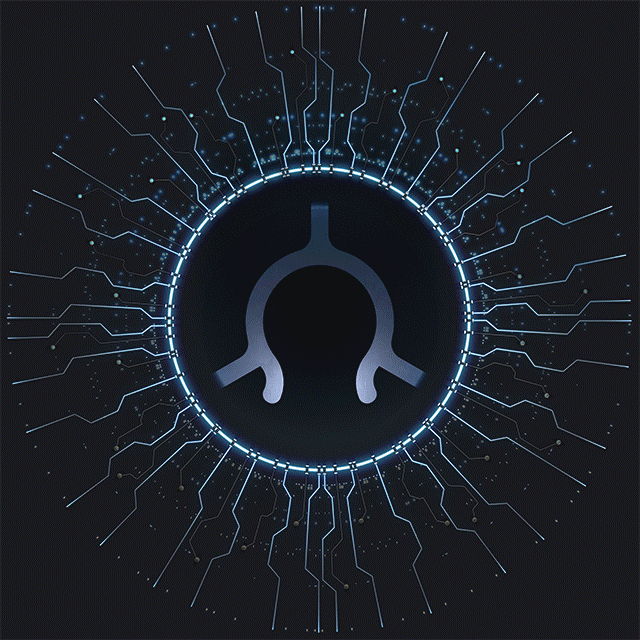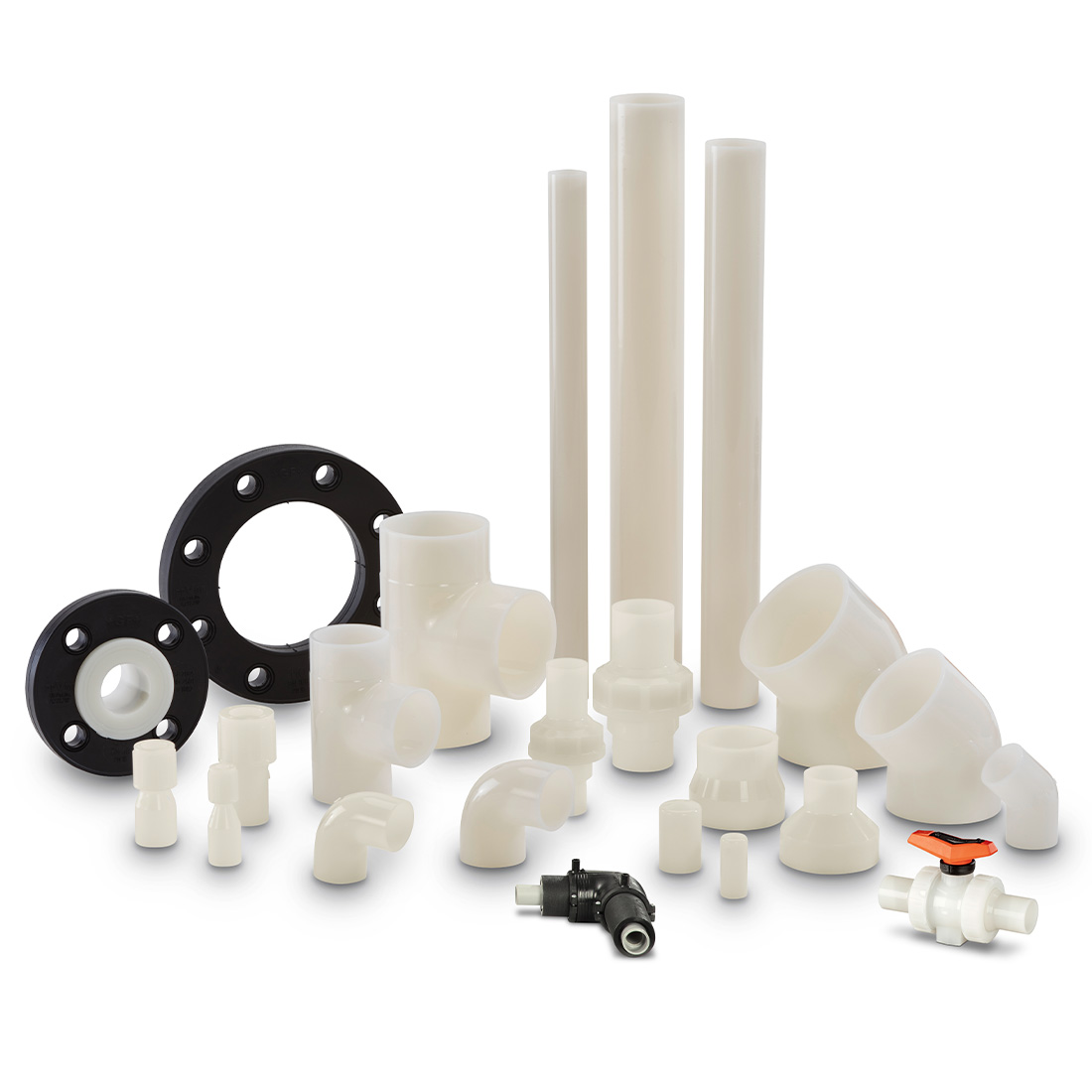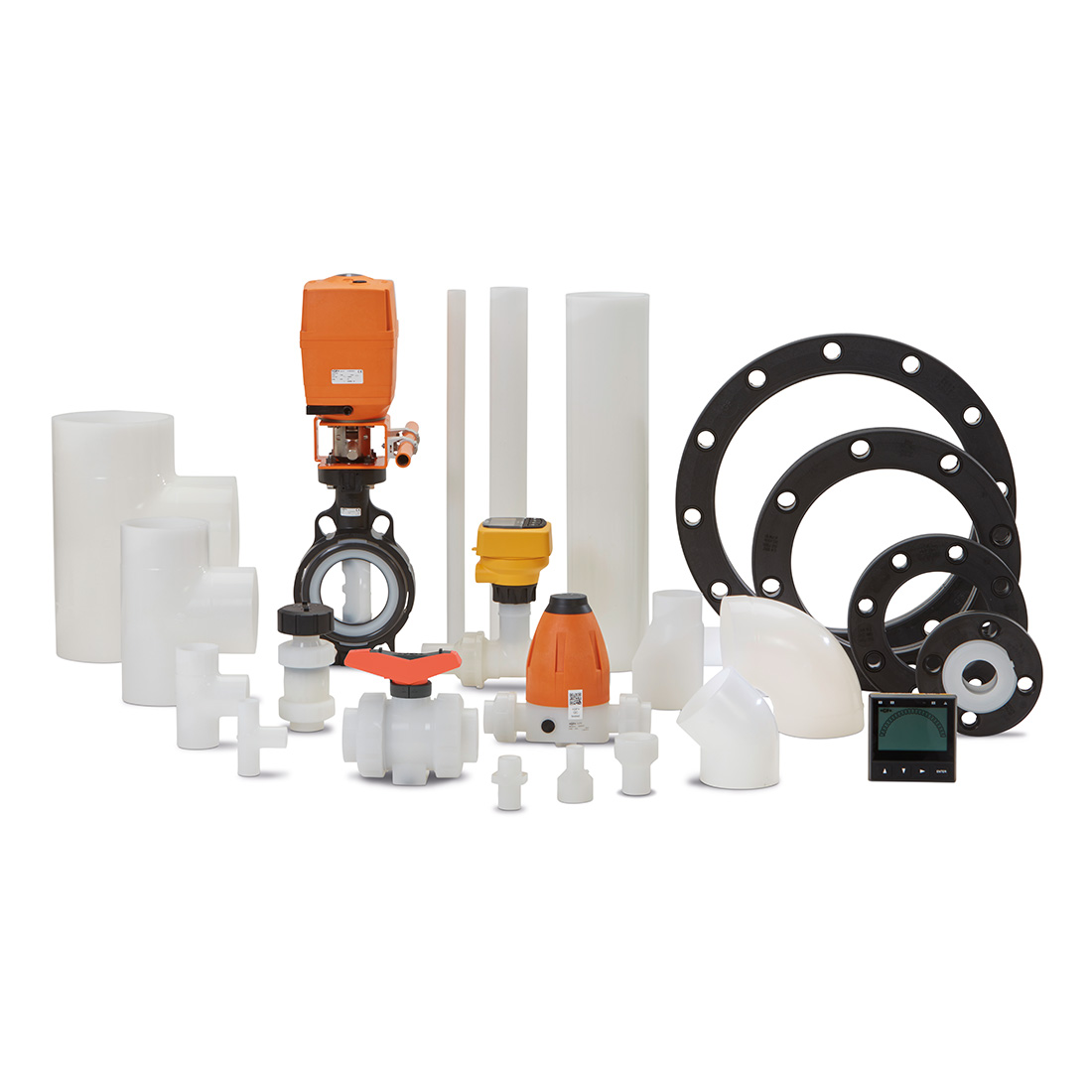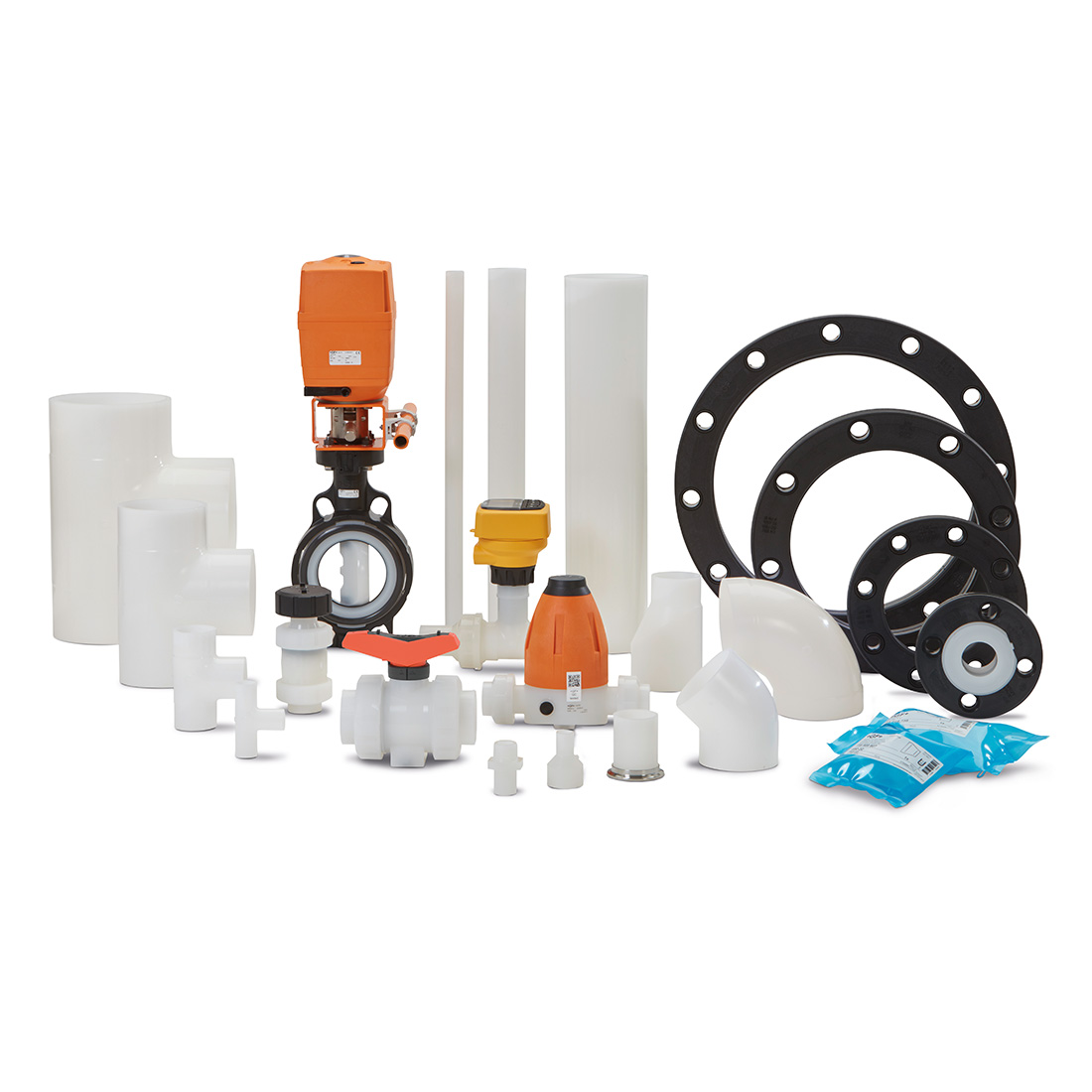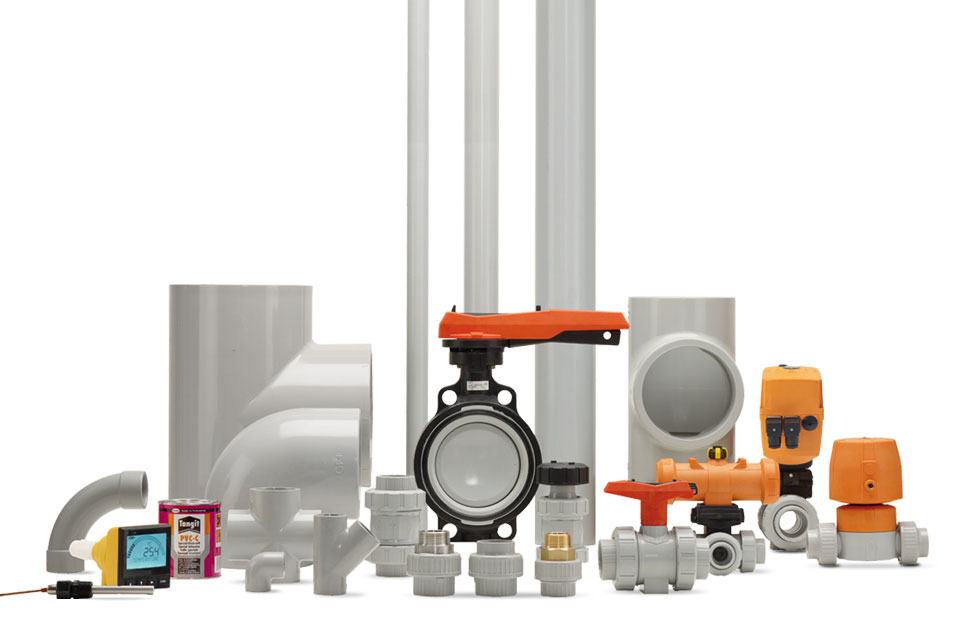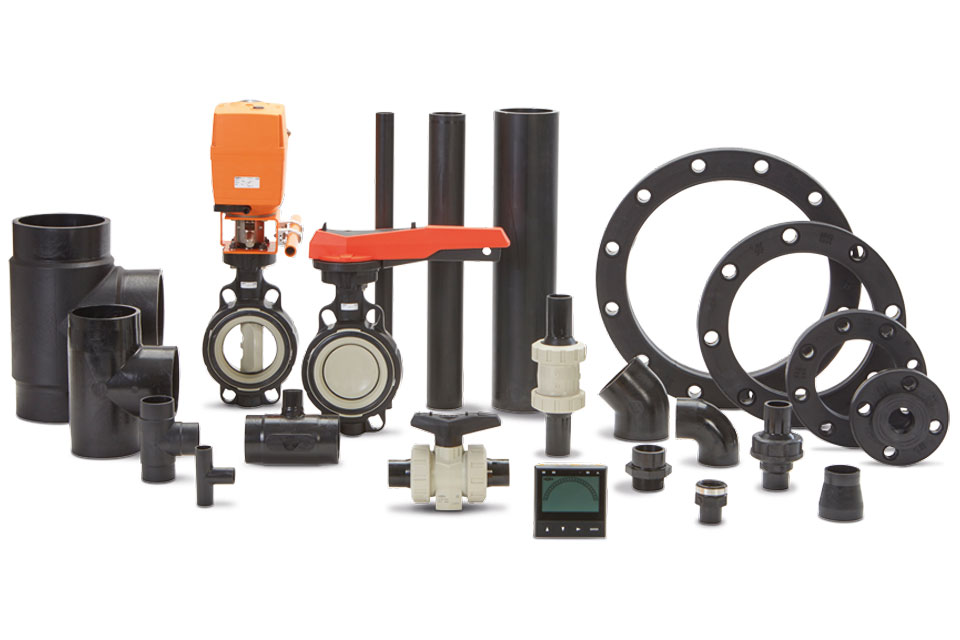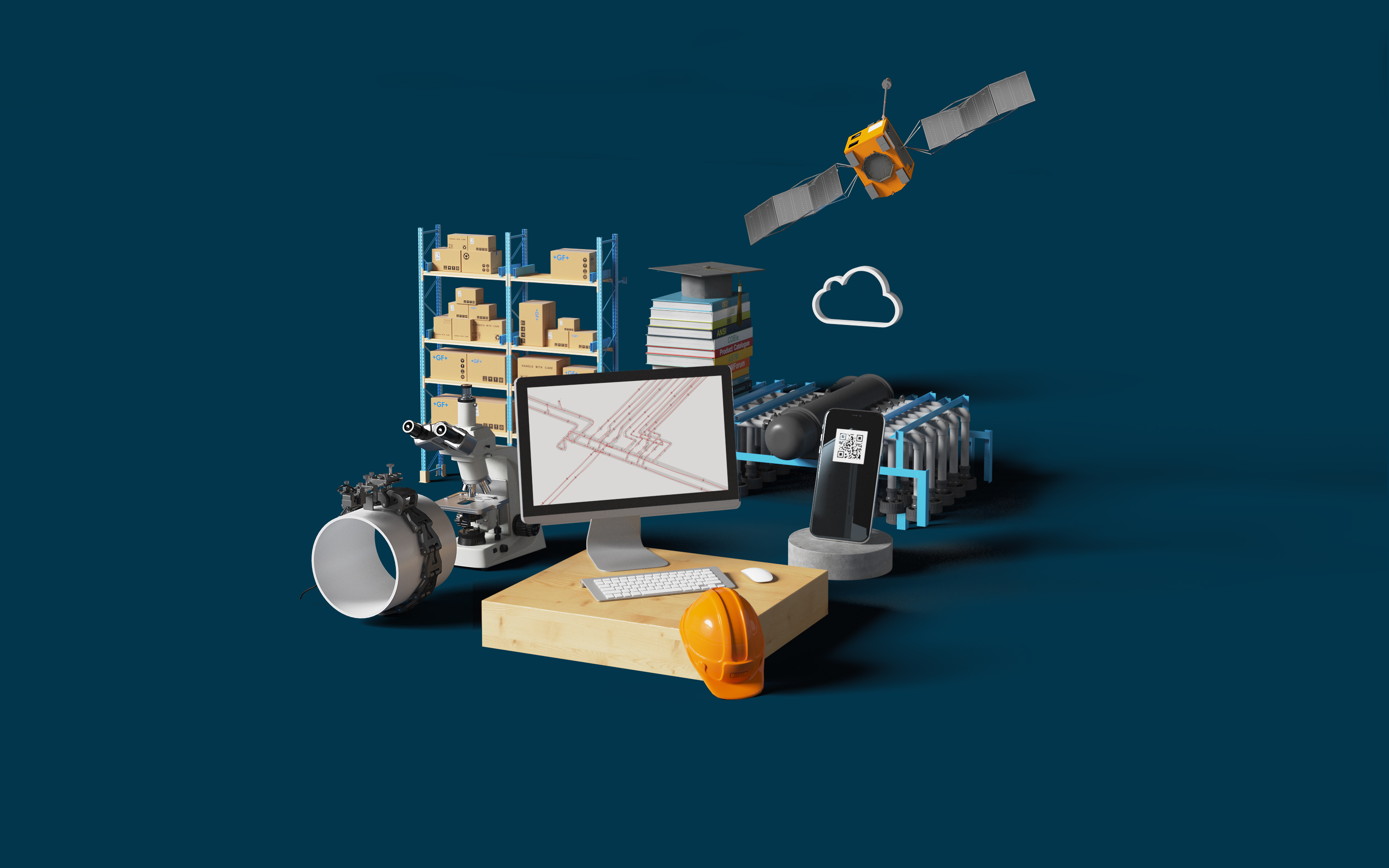Safety under Extreme Conditions
Ensuring process safety in chemical industry operations is crucial, especially when handling hazardous materials that pose risks to people, the environment, and infrastructure. The main challenge for today's chemical manufacturers is maintaining safety compliance while achieving consistent output, high productivity, and cost-effectiveness.
Complying with current safety standards, our portfolio of systems, appropriate joining technologies, valves, and measurement solutions ensures optimal process control and sustained plant safety and availability. In the run-up to the project, we offer our customers individual and competent support in selecting the most suitable solution.











